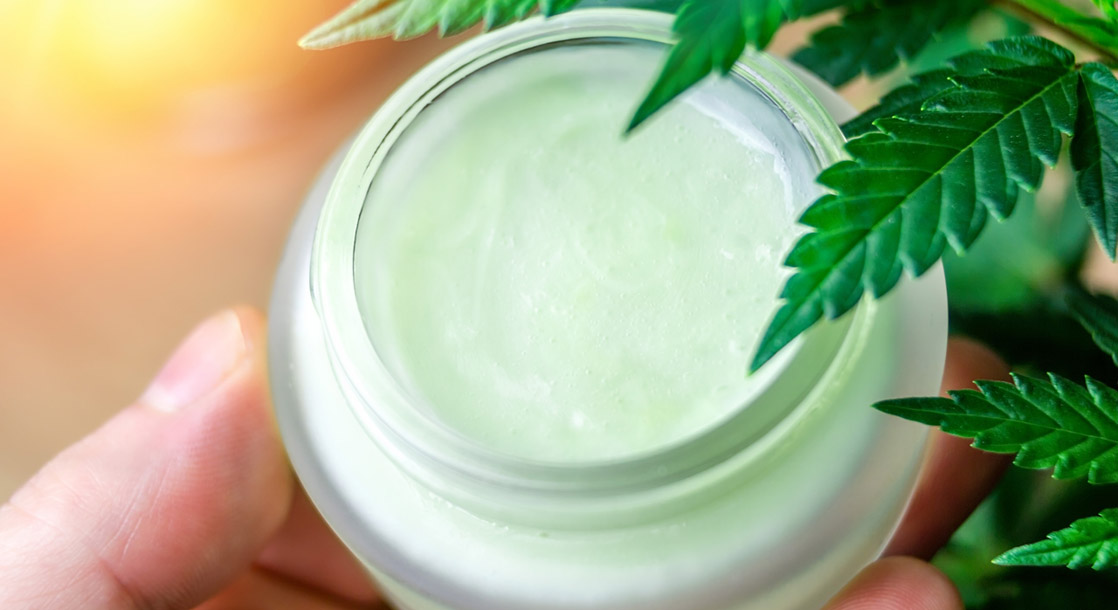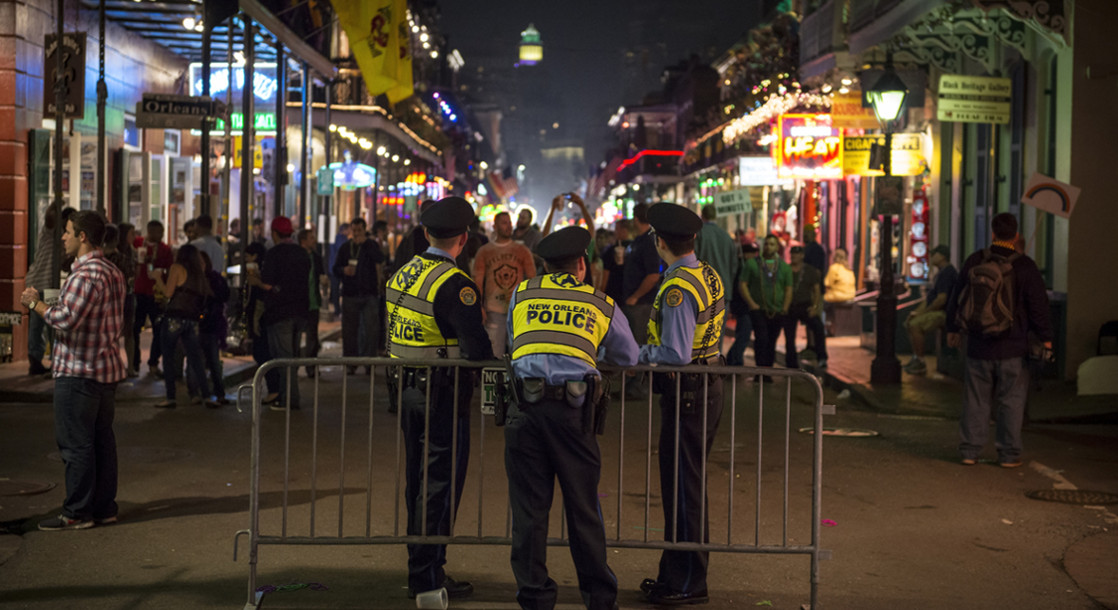Minnesota hemp businesses are gearing up to push back against confusing state regulations that ban CBD tinctures, hemp edibles, and other popular products.
The Minnesota Cannabis Association (MCA), an advocacy group representing local hemp and medical marijuana companies, discovered the full extent of the state’s extreme cannabis rules during a recent meeting with regulatory agencies. At the meeting, a representative from the state Department of Agriculture told MCA board member Steven Brown that all CBD tinctures are illegal in Minnesota.
Like most states, Minnesota legalized the cultivation and production of industrial hemp and hemp-derived products in 2019, following the passage of the US 2018 Farm Bill. This federal law explicitly states that all “industrial hemp,” including all of the cannabis plant’s “derivatives, extracts, cannabinoids, isomers, acids, salts, and salts of isomers,” are legal, as long as they have a delta-9-THC content of 0.3 percent or less.
Minnesota’s state hemp law copied this language verbatim, suggesting that all low-THC hemp-derived cannabinoids, including CBD, are fully legal in the state. The US Food and Drug Administration (FDA) has not released regulations for these products, however, which means that all CBD-infused foods and drinks are technically illegal. And since cannabinoids can’t legally be sold in food, Minnesota decided to place these items under the jurisdiction of the state Board of Pharmacy.
This agency took a very narrow interpretation of the federal hemp guidelines and decided to ban all consumable products containing hemp-derived cannabinoids. This effectively makes CBD-infused foods, drinks, and even commonplace CBD tinctures illegal in Minnesota. Under these strict regulations, the only legal hemp products are topical CBD lotions or salves, raw hemp flower, and hemp seed oil (which does not contain CBD or THC).
“We disagree with their interpretation based on federal guidelines,” said Brown, who is also a co-owner of a hemp retail store, according to the MCA. “Eighty-five percent of products on the shelves will have to be pulled. This affects so many businesses. So many families. Our business will probably have to shut down in Minnesota if we don’t turn this around.”
In order to fully comply with the state’s strict rules, other hemp businesses in the state would also have to stop selling many popular products, including CBD tinctures and edibles. This would prevent the majority of these businesses from turning a profit, and could eventually destroy the state’s entire hemp industry.
CBD products are legal under the state’s medical marijuana program, but businesses that want to grow hemp for medical purposes must apply for a state medical marijuana license. The application and licensing fees are steep, though, and the costs of complying with state medical cannabis regulations put this option out of reach for many hemp farmers.
Several local Native American tribes have been able to skirt Minnesota’s excessive cannabis regulations by establishing their own medical cannabis programs. Since these sovereign nations are not subject to state law, they may sell high-THC cannabis flower, CBD tinctures, and other products that are otherwise prohibited in the state.











